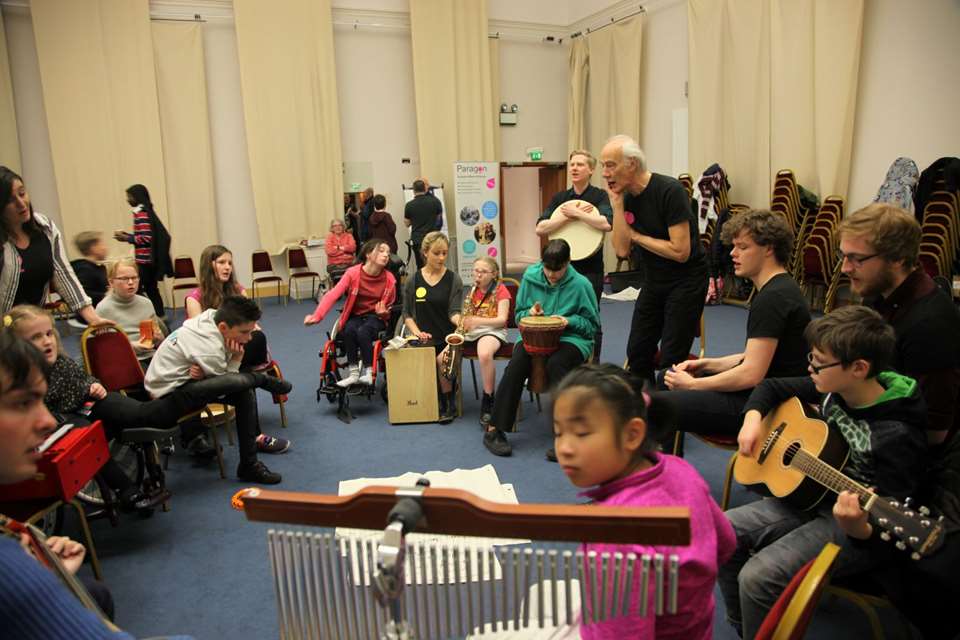Playing an instrument or singing is linked to good cognitive health in later life, study says
Phil Croydon
Wednesday, January 31, 2024
A major study by UK researchers reveals that playing a musical instrument or singing sustains good memory and brain health in older age.

Adobe Stock / Halfpoint
The study, led by researchers at the University of Exeter and supported by the National Institute for Health and Care Research, involved more than 1,100 people in the UK aged over 40, with a mean age of 68. It compared cognitive data of those who had engaged in music at some point in their lives with those who hadn't.
Playing the piano (or keyboard) appeared to be particularly beneficial, and brass or woodwind instruments also scored positively, demonstrating the ‘multiple cognitive demands’ of playing an instrument. Simply listening to music appeared not to help brain health in the longer term.
According to professor Anne Corbett, lead researcher, the findings showed that 'Playing a musical instrument was associated with significantly better performance in working memory and executive function’. Significant associations were also found between singing and executive function. 'This study does suggest that it could be part of a much wider lifestyle approach to improving brain health as you age’, she concluded.
The co-authored article, published in the International Journal of Geriatric Psychiatry, confirms previous literature in 'highlighting the potential value of education and engagement in musical activities throughout life as a means of harnessing cognitive reserve as part of a protective lifestyle for brain health'.
Dementia is a growing concern for many industrialised nations, which face an ageing population, decreasing birth rate and increased life expectancy. Mild Cognitive Impairment (MCI), which precedes dementia, affects 15.6% of people above the age of 50 worldwide.
Dementia UK described the new research as 'positive', adding 'The ability to make or play music can continue even when people living with Dementia have lost other abilities and means of communication’, according to the charity's Caroline Scates.
While recognising that more research is needed, professor Corbett suggested that promoting a musical education could form a 'valuable' part of a public health message, as would encouraging older adults to return to music.



